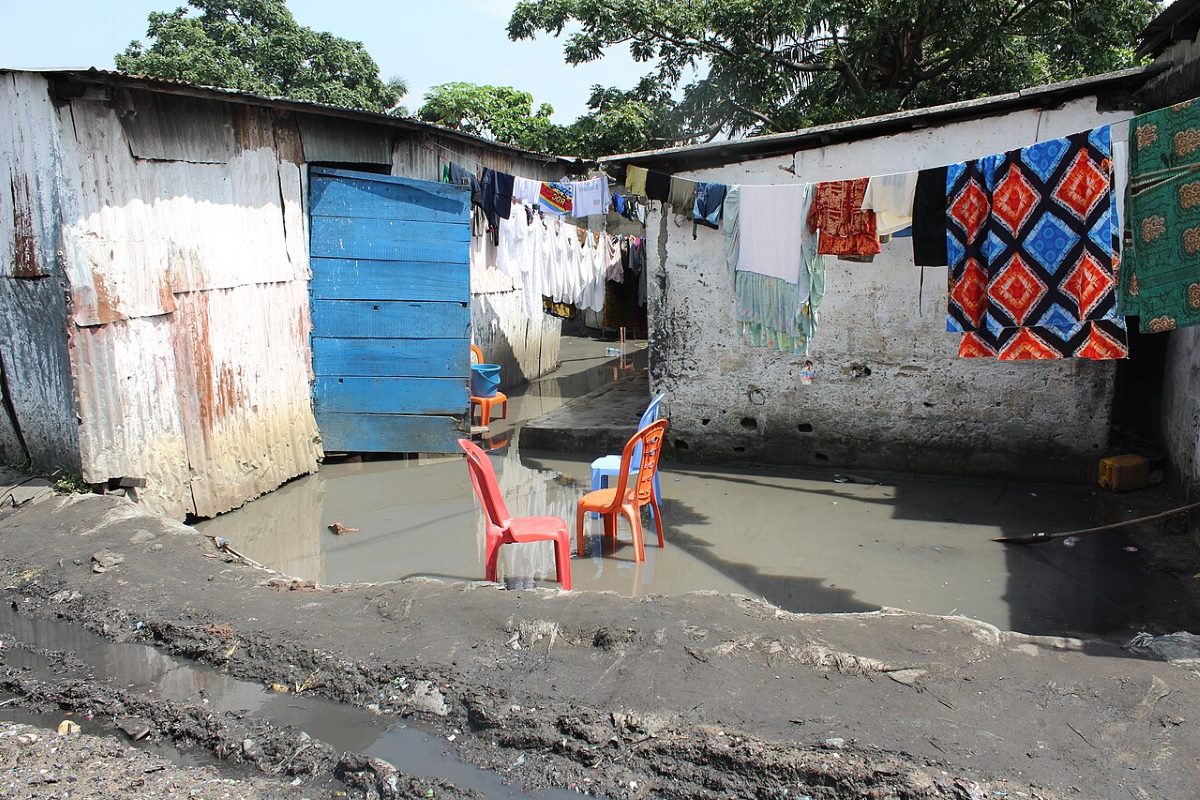 #News
#News
Mayo Clinic’s efforts to connect global clinical data
A decentralized data network is essential to address the health impacts of the climate crisis, warns Mayo Clinic Platform’s Eric Harnisch
 Eric Harnisch, from Mayo Clinic Platform (USA): “Sharing data from geographically and ethnically diverse patient populations is crucial” | Image: Mayo Clinic Platform
Eric Harnisch, from Mayo Clinic Platform (USA): “Sharing data from geographically and ethnically diverse patient populations is crucial” | Image: Mayo Clinic Platform
At a time of growing global concern over the effects of human activity on the climate—and less than two months before the 30th United Nations Climate Change Conference (COP30), to be held in Brazil—Eric Harnisch, vice president of provider market at Mayo Clinic Platform, is emphatic about the urgent need for international data sharing to address the accelerating impacts of the climate crisis on health systems.
“None of us are immune to the health effects of climate change. That’s why we are working so hard to combine weather and health data,” Harnisch explained at Climate and Health: challenges and possibilities of scientific diplomacy, an event hosted by Science Arena in August.
In his presentation (see the video below), Harnisch spoke about how Mayo Clinic Platform, an initiative led by the US-based Mayo Clinic, is tackling this challenge by establishing an extensive global data network.
Through Mayo Clinic Platform_Connect, the project connects healthcare institutions from all over the world to accelerate innovation by analyzing qualified, secure, and anonymized clinical data.
According to Harnisch, sharing data from geographically and ethnically diverse patient populations is fundamental to developing more personalized medicines, products, services, and healthcare solutions.
Large-scale datasets can also provide scientists with a wealth of information for research, including studies on rare infectious diseases or health risks related to extreme weather events, such as heatwaves.
Read some of the key takeaways from Eric Harnisch’s presentation below.
The urgency of the climate crisis
Harnisch illustrated the severity of the problem by pointing out that Minneapolis, Minnesota—his hometown, known for its lakes and natural beauty—was recently ranked fifth worst city in the world for air quality.
Its level of pollution was comparable to places such as the Democratic Republic of the Congo, parts of India, Baghdad (Iraq), and Dubai. The cause, Harnisch explained, was Canadian wildfires, which have grown longer and more intense due to changes in temperature and precipitation. The phenomenon, he noted, significantly raises the risk of cardiovascular and chronic disease.
He also emphasized that rising temperatures and changing precipitation patterns have dramatically impacted vulnerable populations, especially in emerging markets and the Global South.
Mayo Clinic Platform’s Strategy
The Mayo Clinic, a nonprofit organization renowned for its integrated approach to health research, practice, and education, launched Mayo Clinic Platform six years ago.
The objective, explained Harnisch, was to use data as a way of generating a greater global health impact.
The first step was to analyze its 10 million unique patient records, including social determinants of health. But the organization soon realized the value of joining forces with other global leaders with similar research interests to visualize data from across the world.
The Mayo Clinic has partnered with institutions such as Hospital Israelita Albert Einstein in Brazil and Seoul National University Hospital in South Korea to make data interoperable through the use of advanced analytics and artificial intelligence.
The vital connection between health and climate
One of the central focuses of this collaborative effort is the need to combine health data and meteorological data. Examples of these collaborations include helping farmers adapt to changing conditions or adopt new farming techniques, demonstrating the tangible effects of the climate crisis.
Security and global regulations
A crucial issue when working with clinical data is ensuring patient privacy and security. Sensitive data must be anonymized to minimize the risk of patients being re-identified.
Harnisch cautioned, however, that as new data sources are incorporated and connected, the risk of re-identification remains an ongoing concern.
He explained that the Mayo Clinic’s role will be to facilitate these connections and advance industry standards that allow people to more easily collaborate and share knowledge.
The goal is to ensure continuous, effective cooperation through a standardized data framework and tools capable of generating important insights.
Call to coordinated action
Harnisch later reiterated the clear need for unified action, requiring a coordinated global research effort. The Mayo Clinic holds a strong interest in partnering with anyone who shares this goal.
International research networks must be organized to focus on key challenges, such as monitoring infectious diseases driven by climate change, assessing the health impacts of heat, and exploring ways to make healthcare systems more sustainable.
*
This article may be republished online under the CC-BY-NC-ND Creative Commons license.
The text must not be edited and the author(s) and source (Science Arena) must be credited.


